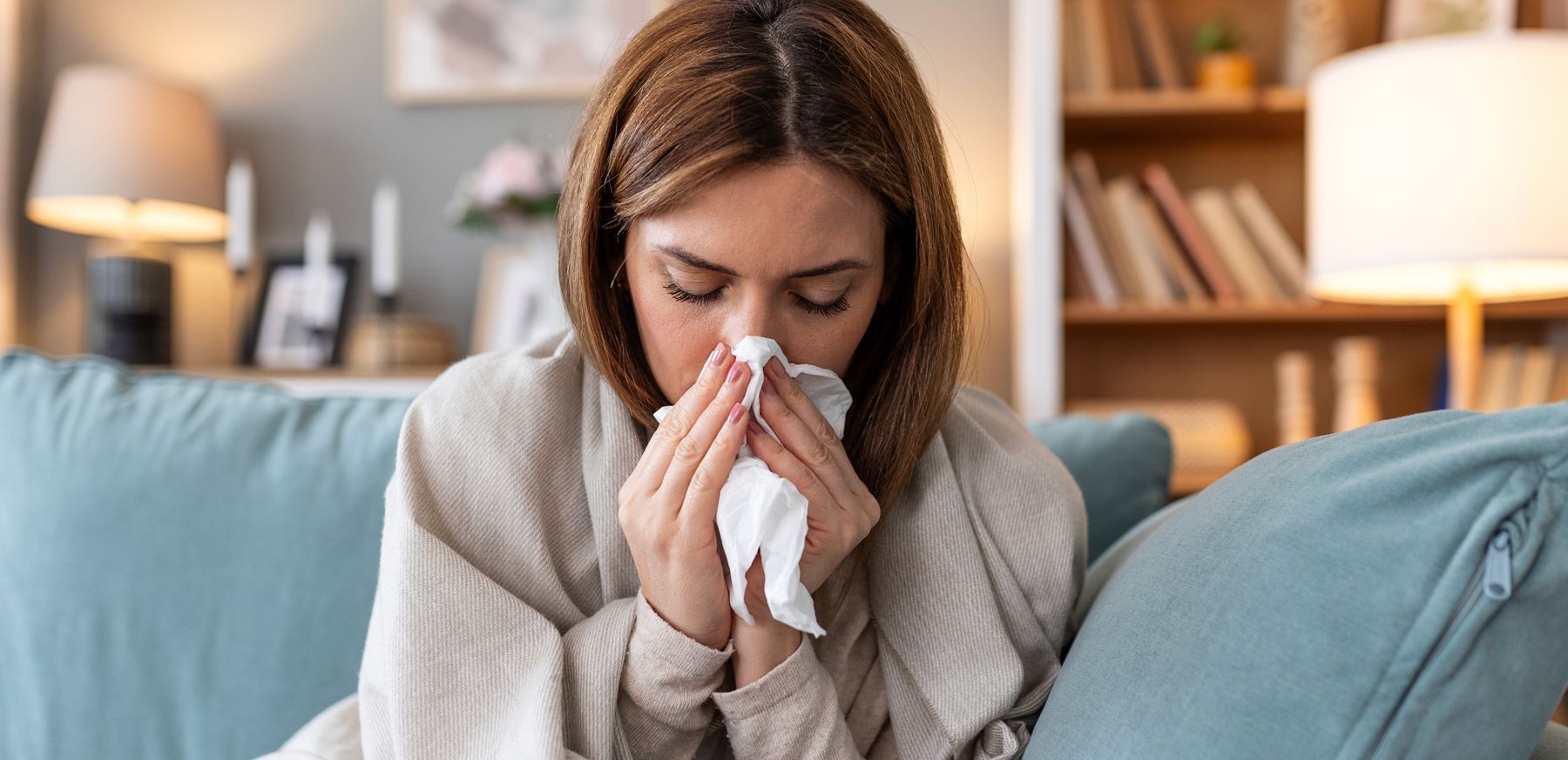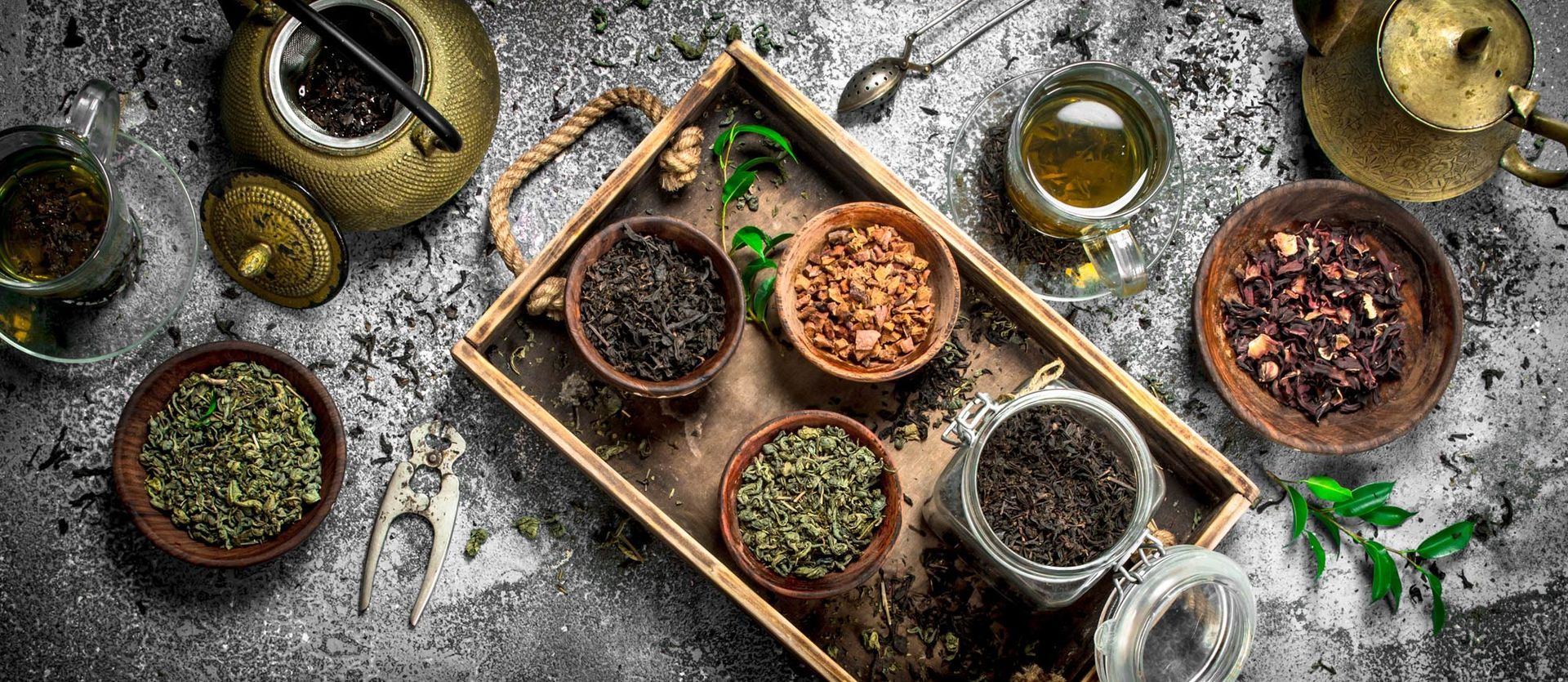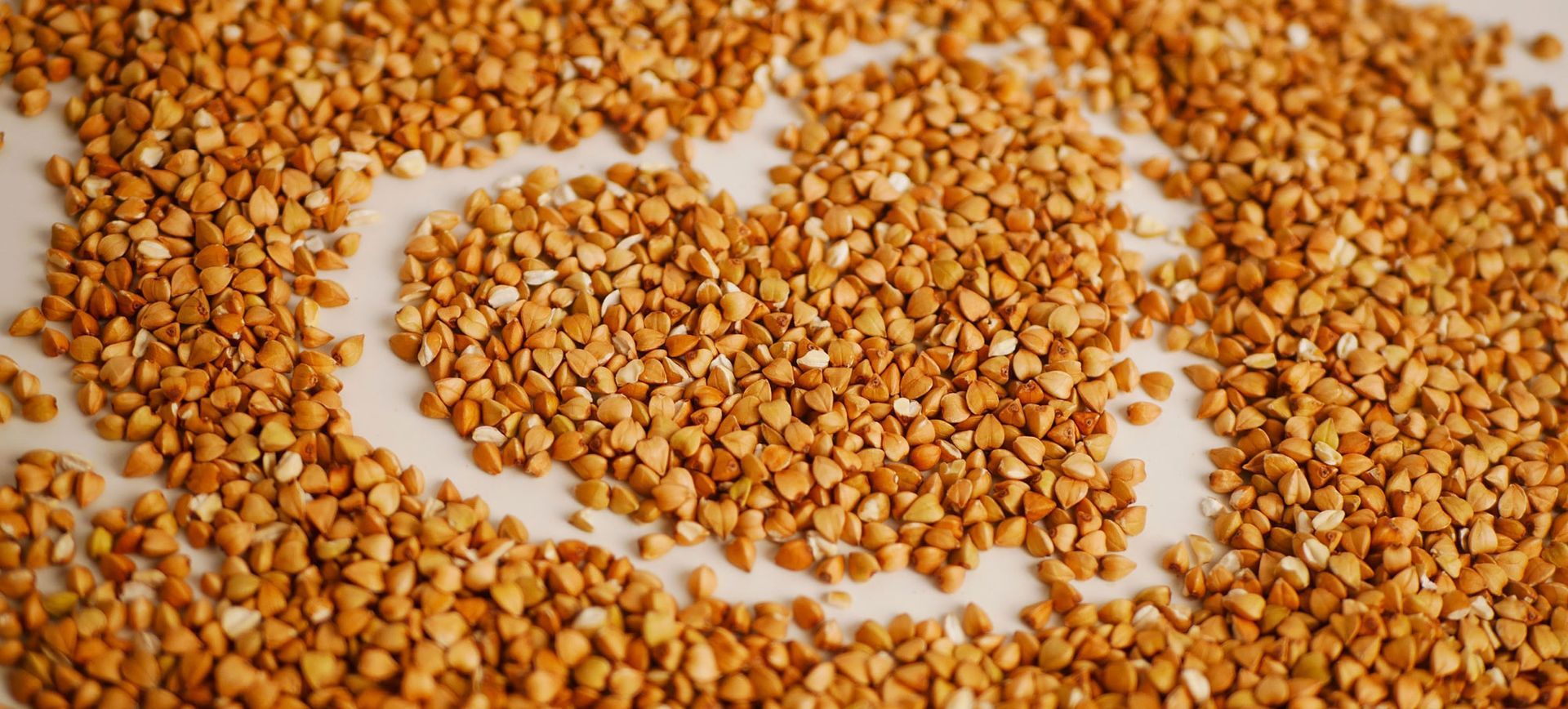Healing Arts NYC - Manhattan's Premier Integrative Health and Wellness Center - Dr. Alicia Armitstead
(866) 585-5999
Healthy Tips for Flu Season
Understanding the flu is the first step towards prevention. Knowing its symptoms, how it spreads, and its impact on public health can help you stay healthy.
-Dr. Alicia Armitstead
What is the Flu?
The flu, or influenza, is a viral infection affecting the respiratory system. It spreads easily through droplets from coughs and sneezes. Common symptoms of the flu include fever, chills, cough, sore throat, body aches, and fatigue. These symptoms can vary in severity from mild to severe. Each flu season challenges public health resources. High infection rates can overwhelm healthcare systems and lead to increased hospitalizations.
Unlike the common cold, the flu can result in serious complications, such as pneumonia. This distinction underscores the importance of taking flu prevention measures seriously. Knowing the differences between the flu and a cold helps in managing symptoms effectively. Here’s a quick comparison:
- Fever: High in flu, rare in cold.
- Aches: Often severe with the flu, mild with cold.
- Onset: Sudden in flu, gradual in cold.
Understanding these aspects can guide you in timely and appropriate actions during the flu season. Recognizing symptoms early and responding promptly can make a significant difference in health outcomes.
Steps To Help Prevent the Flu Naturally
A robust immune system is essential for flu prevention. One way to achieve this is through standard process supplements. These products contain nutrients that support immune health, making your body more resilient against viral infections. Here are a few that are commonly considered:
- Immuplex: This is a combination of various vitamins, minerals, and botanical extracts that support immune function.
- Cataplex C: High in vitamin C, this supplement helps in supporting the immune system, particularly during flu season.
- Echinacea Premium: Known for its immune-boosting properties, Echinacea can help in preventing and treating respiratory infections.
- Congaplex: It contains a mix of vitamins and minerals that support the immune system, particularly when fighting off infections.
- Zinc Complex: Adequate levels of zinc are essential for optimal immune function, and this form is well-absorbed in the body.
Lifestyle Changes That Strengthen Your Immune System
- A balanced diet is crucial to maintaining a strong immune system. Incorporate various fruits and vegetables for a range of vitamins. Foods rich in vitamin C and zinc are particularly beneficial for immune support.
- Hydration plays a significant role in overall health. Water helps in flushing out toxins and supports cellular functions. Aim for at least eight glasses a day to keep your system in peak condition.
- Exercise boosts circulation and improves immunity. It helps the body's antibodies and white blood cells circulate more rapidly. Even moderate activities like walking or cycling are effective in enhancing immune function.
- Adequate sleep is vital for immune health. Lack of sleep can make your body more susceptible to illnesses. Strive for seven to nine hours of restful sleep each night.
Managing stress is crucial for maintaining health. Chronic stress can weaken your immune response. Incorporate relaxation techniques such as meditation or deep breathing exercises into your daily routine.
Should You Take A Flu Shot?
Contrary to popular belief, the flu shot doesn't give you the flu. People who experienced feeling "sick" most likely experienced an allergic reaction. The flu shot works by introducing a harmless form of the influenza virus or specific viral proteins into the body. When the vaccine is administered, the immune system recognizes these components as foreign invaders and responds by producing antibodies. These antibodies are proteins that can specifically target the influenza virus, preparing the body to fight off any future infections.
In addition to producing antibodies, the immune system creates memory cells that remember how to respond to the virus. This is crucial because, if a person is exposed to the actual influenza virus later, their immune system can respond more quickly and effectively, often preventing severe illness. The entire process takes a couple of weeks to reach its peak efficacy.
Flu vaccines are updated each year to match the circulating strains of the virus, as influenza can mutate and vary from season to season. Even in cases where someone who has been vaccinated contracts the flu, research indicates that the illness is generally less severe compared to those who are unvaccinated. Overall, the flu shot serves as a key preventive measure to reduce the incidence and severity of influenza during flu season.
Why You May Choose to Not Get the Flu Shot
There are several reasons some individuals might choose not to get a flu shot, which can include:
- Personal Health Concerns: Some people may have medical conditions or allergies that make vaccination risky. For instance, those with severe egg allergies (since many flu vaccines are produced using eggs) may need to avoid certain flu shots unless advised otherwise by a healthcare professional.
- Previous Adverse Reactions: Individuals who have had a severe allergic reaction, to a flu vaccine in the past may be advised not to get vaccinated.
- Philosophical or Religious Beliefs: Some people may refuse vaccinations due to personal beliefs or values related to medical interventions.
- Perceived Low Risk: For healthy adults, especially younger individuals, there may be a belief that they are at low risk for severe flu complications, leading them to forgo vaccination.
While these reasons are valid for some individuals, public health authorities generally recommend flu vaccination as a key way to protect not only personal health but also community health, particularly for vulnerable populations such as the elderly, pregnant women, and those with underlying health conditions. It’s always best to consult with a healthcare professional when making decisions about vaccinations.



Click on a button to go a map.
315 Madison Ave Suite 2101 New York, NY 10017
25 Sylvan Rd. S. Suite B. Westport, CT 06825
42 Kilman’s Point Rd. Branford, CT 06450
Click on s button to go a map.
315 Madison Ave Suite 2101 New York, NY 10017
25 Sylvan Rd. S. Suite B. Westport, CT 06825
42 Kilman’s Point Rd. Branford, CT 06450
Healing Arts does not provide medical services. Suggested nutritional programs are not intended as a treatment for any disease. Our advice is not intended to diagnose, treat, cure, or prevent any disease or condition. ©2021 Healing Arts NYC. All rights reserved. Art Licensed by Shutterstock©









